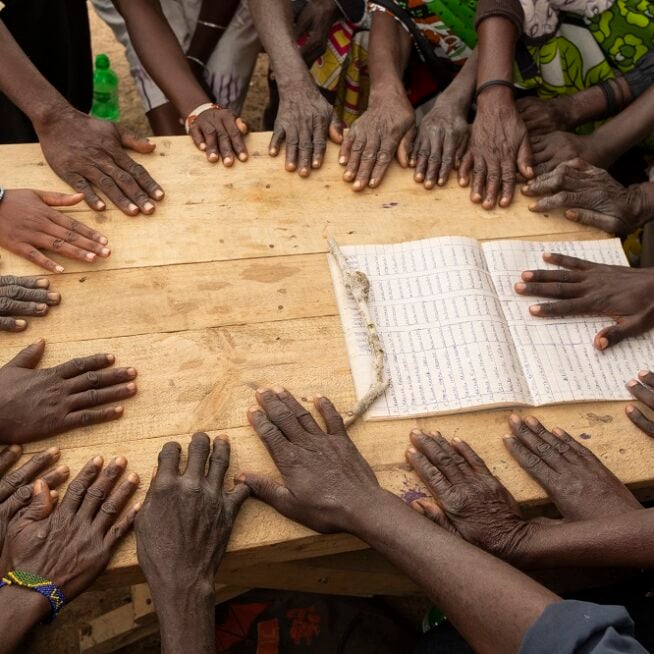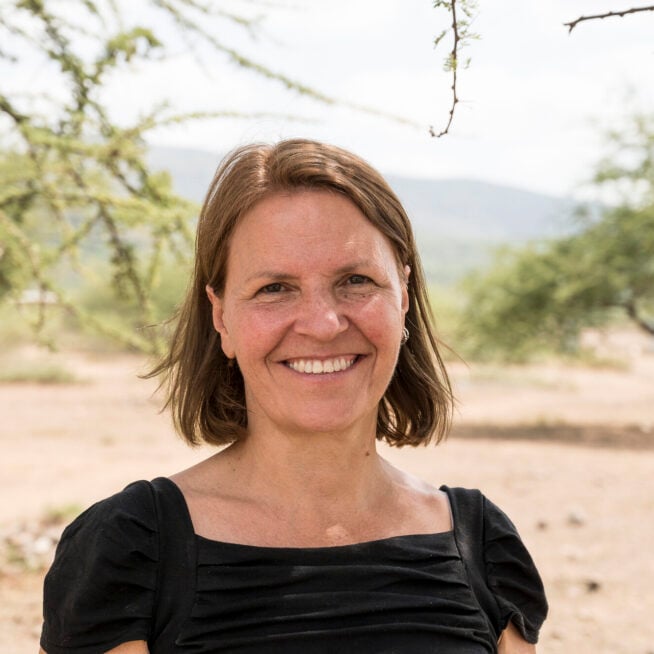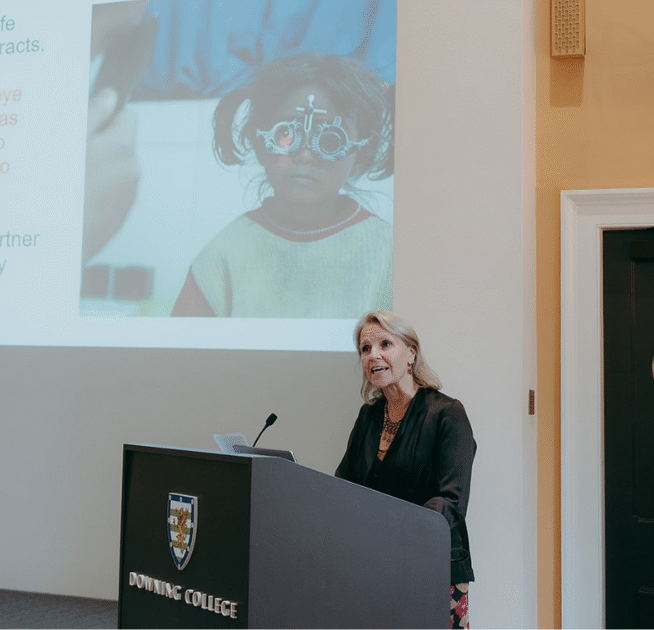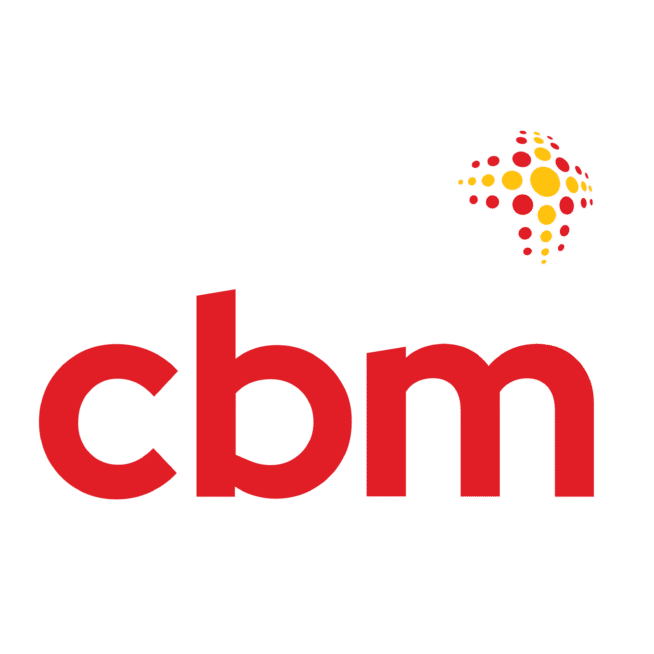Want to transform lives with us? Stay in touch and hear about our news, activities and appeals by email!
Economic empowerment improves disability inclusion: evidence from two recent projects
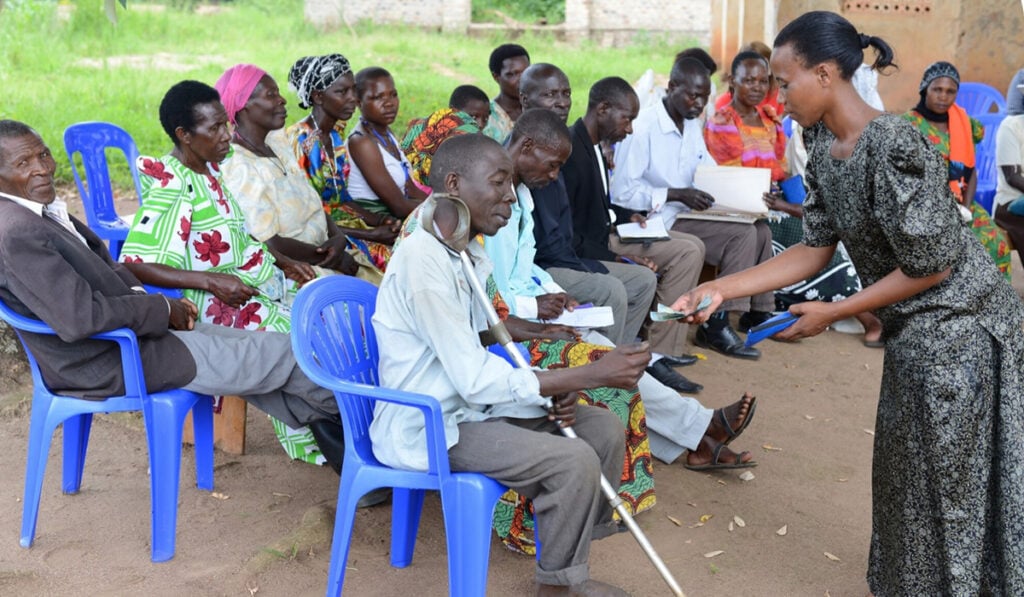
We are pleased to present two new evidence briefs which share learnings and valuable insights from two of our recently concluded projects in Uganda and Rwanda. Both projects show that economic empowerment can increase the inclusion of people with disabilities and have important benefits for social status and wellbeing.
Inclusive Savings and Loans Associations in Uganda
From 2018-2021, we worked together with our partners in Uganda to improve the quality of life and economic outcomes for people with disabilities, increasing their participation in decision making and enabling them to play a greater role within their community.
The project showed that creating opportunities for people with disabilities to join Village Savings and Loans Associations (VSLAs) not only encourages their participation in livelihood activities, but that it can be empowering in other ways too. Inclusion and economic empowerment can help people with disabilities increase their income and savings and move towards greater self-reliance. Increased economic decision-making also enhances their social status, leading to increased self-esteem and improved well-being.
Adapted VSLAs supporting disability inclusion in Rwanda
Our SaveAbility project in Rwanda ran from 2017-2022 and sought to alleviate poverty by improving economic resilience and increasing the participation of people with disabilities. Together with our partners we successfully adapted an established VSLA model to reach people who had previously been excluded from taking part.
The staff team for the project included people with disabilities, and this played an instrumental role in modelling inclusion within communities.
VSLA members reported increased confidence, being more able to manage their money and advocate for their rights. Some were elected to leadership positions at local and national level.
Project Evidence Briefs
The evidence gathered and presented through these evidence briefs provides valuable insights into how economic empowerment can increase the participation of people with disabilities in decision-making and have important benefits for social status and wellbeing.
This model holds much potential and could be integrated and scaled-up to enhance other livelihood initiatives with people with disabilities.
Read Project Evidence Brief 3 – Inclusive VSLAs in Uganda
Read Project Evidence Brief 4 – Adapted VSLAs in Rwanda
VSLAs Uganda Project Partners
National Union of Disabled Persons of Uganda (NUDIPU) Website.
Katalemwa Cheshire (KCH) Website.
Organised & Useful Rehabilitation Services (OURS) (Facebook).
Funding Partner
The National Lottery Community Fund Website.
SaveAbility Rwanda Project Partner
National Union of Disability Organisation in Rwanda (NUDOR) Website.
Funding Partner

